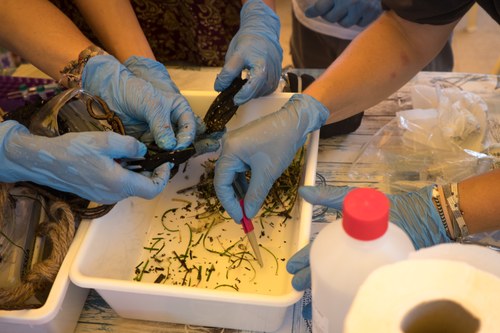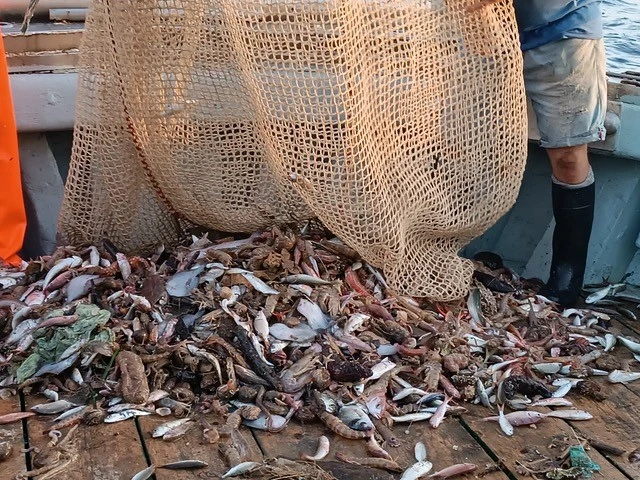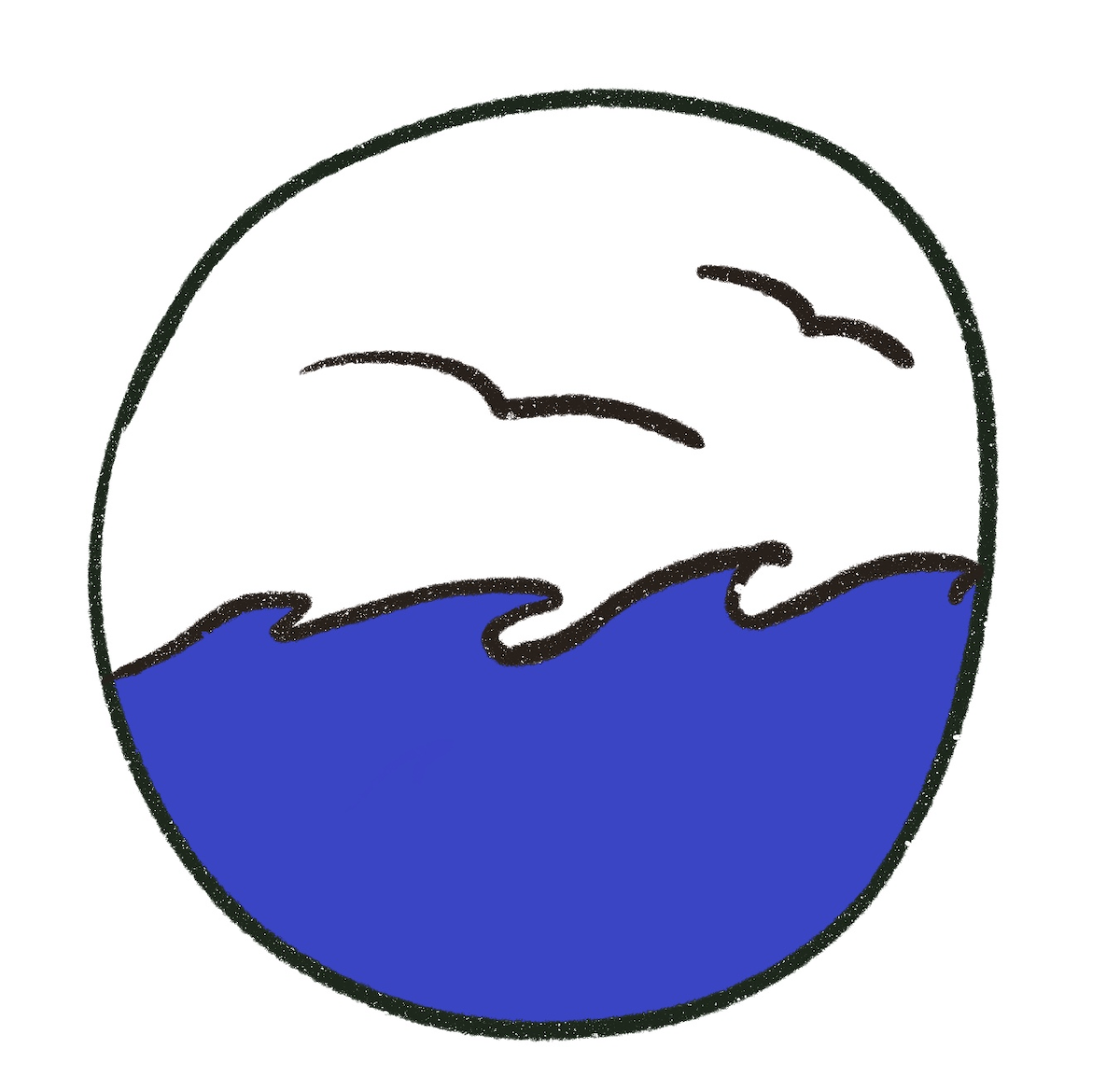Project Description:
SeaPaCS – “Participatory Citizen Science against marine pollution” intends to raise awareness about the consequences of marine plastic pollution on local biodiversity and to trigger transformative local action for sustainability-oriented behaviours in the small coastal city of Anzio (Rome).
Project Type: Kick Starter
Theme: Healthy Planet, Mobility
Mentor: Karen Soacha
Participatory Citizen Science against Marine Pollution

SeaPaCS is a six-month citizen-science project, run in the coastal city of Anzio (Italy). The project aimed at raising awareness of the consequences of marine plastic pollution on local biodiversity, and encouraging local citizens to adopt sustainability-oriented behaviours. It engaged multiple citizen groups, from migrant fisherman cooperatives, sailors and divers, to students, scientists, and video makers in investigating, discussing and generating transformative knowledge about ocean sustainability governance.
SeaPaCS was conceived to answer two complementary research questions:
1) Plastic samples: over the total number of plastic fragments collected, the majority of plastic polymers found floating on the surface in the samplings of July, both in the harbour of Anzio and along the coast, was composed of polyethylene (62%), polypropylene (27%), polystyrene (6%) and other types of plastic (rubber, for example) in a minority. This well aligns with the use of these major polymer types in packaging (around 40% of total European plastic production) and retrieval in the environment. Interestingly, polystyrene was present only in the harbour samples, and all the fragments found were specifically expanded polystyrene, linking it most likely to fishing activities.

In terms of microbial organisms on the plastic debris found, the samples at the harbour were colonized by classes of microorganisms found in human guts, and therefore, proceeded from wastewaters, while their presence in fragments sampled along the coast was limited. What was evident from the analysis is that the harbour is certainly a very different environment with respect to the coast, selecting for specific microbial communities due to different ambient physical and chemical conditions.
2) Interviews: the results of interviews and consultations with seafaring workers, in particular trawlers and “small-scale fisheries”, were reported as key witnesses to the problem of plastic pollution and the possible recovery and disposal of plastic encountered at sea. Fishermen have reported that many of the objects found in the water seem to derive from fishing activities (ghost nets, octopus traps, cables…) or could reach the sea via rivers and inland waterways. Although during the summer, due to the calm sea conditions (as well as the scarce contribution of the rivers due to the lack of rain) plastic and anthropogenic waste tend to accumulate on the bottom and therefore constitute about 15-20% of the catch at each tow, during the winter period and with rough seas, these can make up as much as 50% of the catch, bringing back to land about a large black bag for waste per day.

Fragmented plastic from bottles, containers and packaging is mainly recovered. In addition, fishermen have reported that abandoned or lost fishing gear can cause serious navigational problems as these become entangled with the propeller, while plastic films could clog the engine’s cooling system causing it to overheat. This damage can cost fishermen thousands of euros, so plastic, they note, causes not only environmental damage, but also economic damage.
Participating in IMPETUS was important to organise participatory practices in a context where these have never been performed. The authority and the economic support of IMPETUS granted researchers and local participants the necessary autonomy and confidence to conduct engaged scientific research. Moreover, IMPETUS trained the team and provided support on data issues, impact assessment and project sustainability.
Finally, the follow-up project of SeaPaCS, called “L.A.D.I. & The Sea”, will see the participation of the students of the sailing school LNI in the sampling of microplastics using a special self-built sampling network during SeaPaCS, called L.A.D.I. (Low-tech Aquatic Debris Instrument) in Spring 2024.



